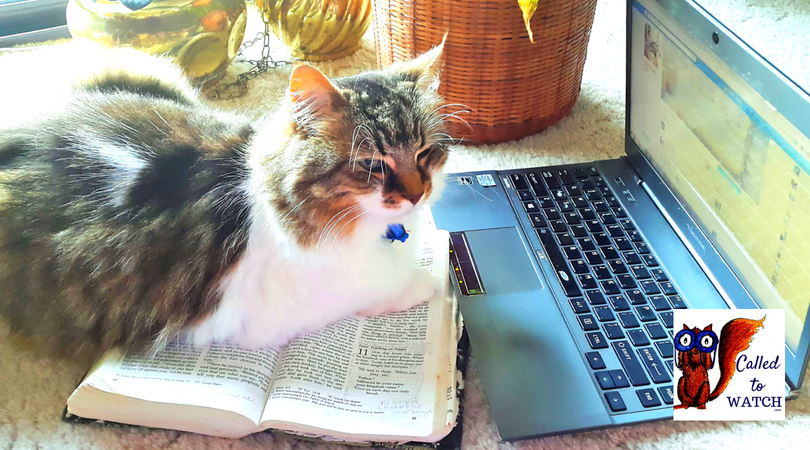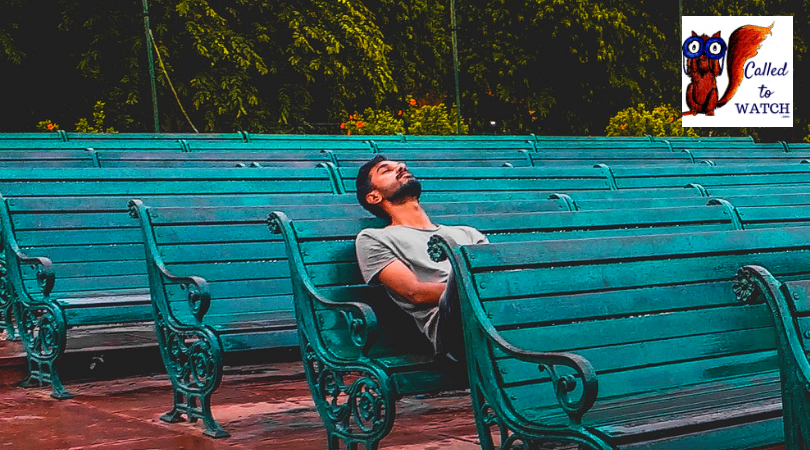Perhaps you have been here:
A knock at the door.
You answer.
It’s a friend, a neighbour. She has just popped over for a chat.
She holds a covered dish:
‘Cooked a bit extra and thought you could do with a home cooked meal’.
She asks how we are, how our Loved One is.
She complains for a while about her work, and how tired she is from the high tea she went to on the weekend. She has another date with friends in a few days but unfortunately it coincides with the birthday of a family member:
‘It’s always the way isn’t it? Everything at once, so frustrating.’
She shifts on the door step:
‘Ah well, no rush to return the dish – we’ll be away for a few weeks.
Going on a cruise. Just a small one. I’m a bit worried actually, I’m terrified I’m coming down with a cold. There’s nothing worse than a sniffly nose!
Anyway, got to rush, I have a hair dressers appointment this afternoon. All the best!’
You juggle the still-warm meal and close the door, the hot smell of cheese and silver foil clouding the air.
After the door is firmly shut and the neighbour out of sight, you give the wood a short, hard kick.
It’s not fair!
Continue reading “Why aren’t I allowed to say that chronic illness is not fair?”







